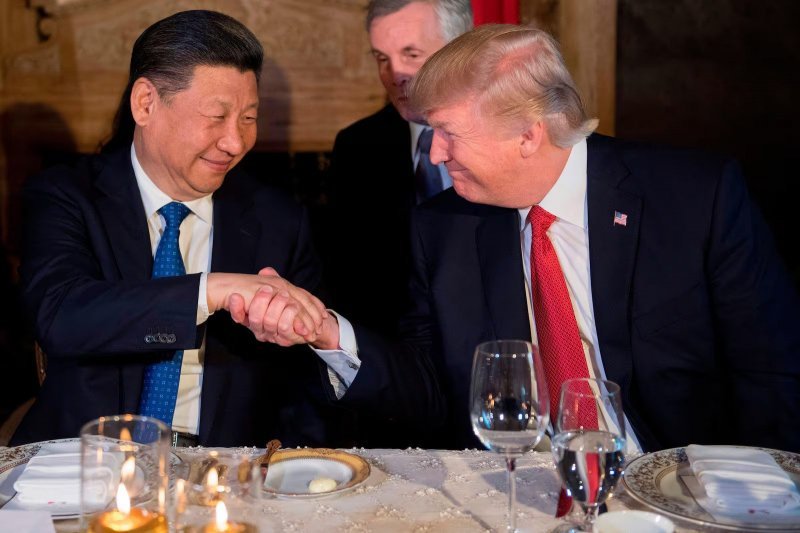![Investors are betting that AI will transform the global economy [File] Investors are betting that AI will transform the global economy [File]](https://www.thehindu.com/theme/images/th-online/1x1_spacer.png)
Investors are betting that AI will transform the global economy [File]
| Photo Credit: REUTERS
U.S. semiconductor giants Nvidia and Advanced Micro Devices have agreed to pay the United States government 15% of their revenue from selling artificial intelligence chips to China, according to media reports on Sunday.
Nvidia CEO Jensen Huang met with U.S. President Donald Trump at the White House on Wednesday and agreed to give the federal government the cut from its revenues, a highly unusual arrangement in the international tech trade, according to reports in the Financial Times, Bloomberg and New York Times.
AFP was not able to immediately verify the reports.
Investors are betting that AI will transform the global economy, and last month Nvidia, the world’s leading semiconductor producer, became the first company ever to hit $4 trillion in market value.
The California-based firm has, however, become entangled in trade tensions between China and the United States, which are waging a heated battle for dominance to produce the chips that power AI.
The U.S. has been restricting which chips Nvidia can export to China on national security grounds.
Nvidia said last month that Washington had pledged to let the company sell its “H20” chips to China, which are a less powerful version the tech giant specifically developed for the Chinese market.
The Trump administration had not issued licenses to allow Nvidia to sell the chips before the reported White House meeting.
On Friday, however, the Commerce Department started granting the licenses for chip sales, the reports said.
Silicon Valley-based Advanced Micro Devices (AMD) will also pay 15% of revenue on Chinese sales of its MI308 chips, which it was previously barred from exporting to the country.
The deal could earn the U.S. government more than $2 billion, according to the New York Times report.
The move comes as the Trump administration has been imposing stiff tariffs, with goals varying from addressing US trade imbalances, wanting to reshore manufacturing and pressuring foreign governments to change policies.
A 100% tariff on many semiconductor imports came into effect last week, with exceptions for tech companies that announce major investments in the United States.
Published – August 11, 2025 09:04 am IST



